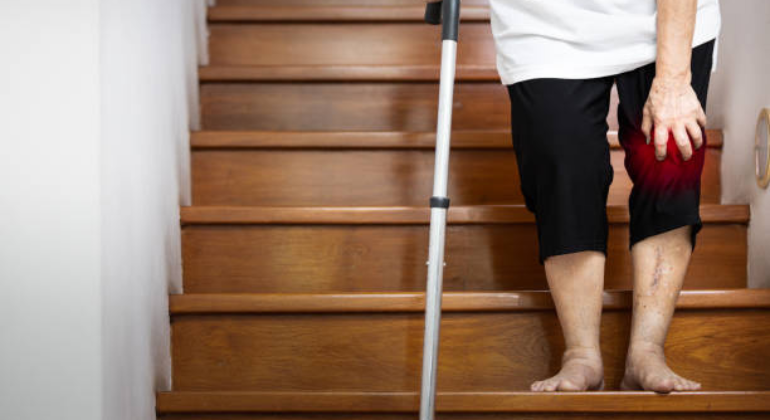Effective Knee Pain Relief:
Actions To Take:
- Avoid activities that put stress on the knee, especially in the acute phase after an injury.
- A knee brace can provide stability and reduce stress on the joint, particularly for conditions like patellofemoral pain syndrome or ligament injuries.
- Heat can be beneficial for chronic pain, stiffness or muscle spasms around the knee. Use heating pads or warm baths to relax muscles and increase blood flow.



















